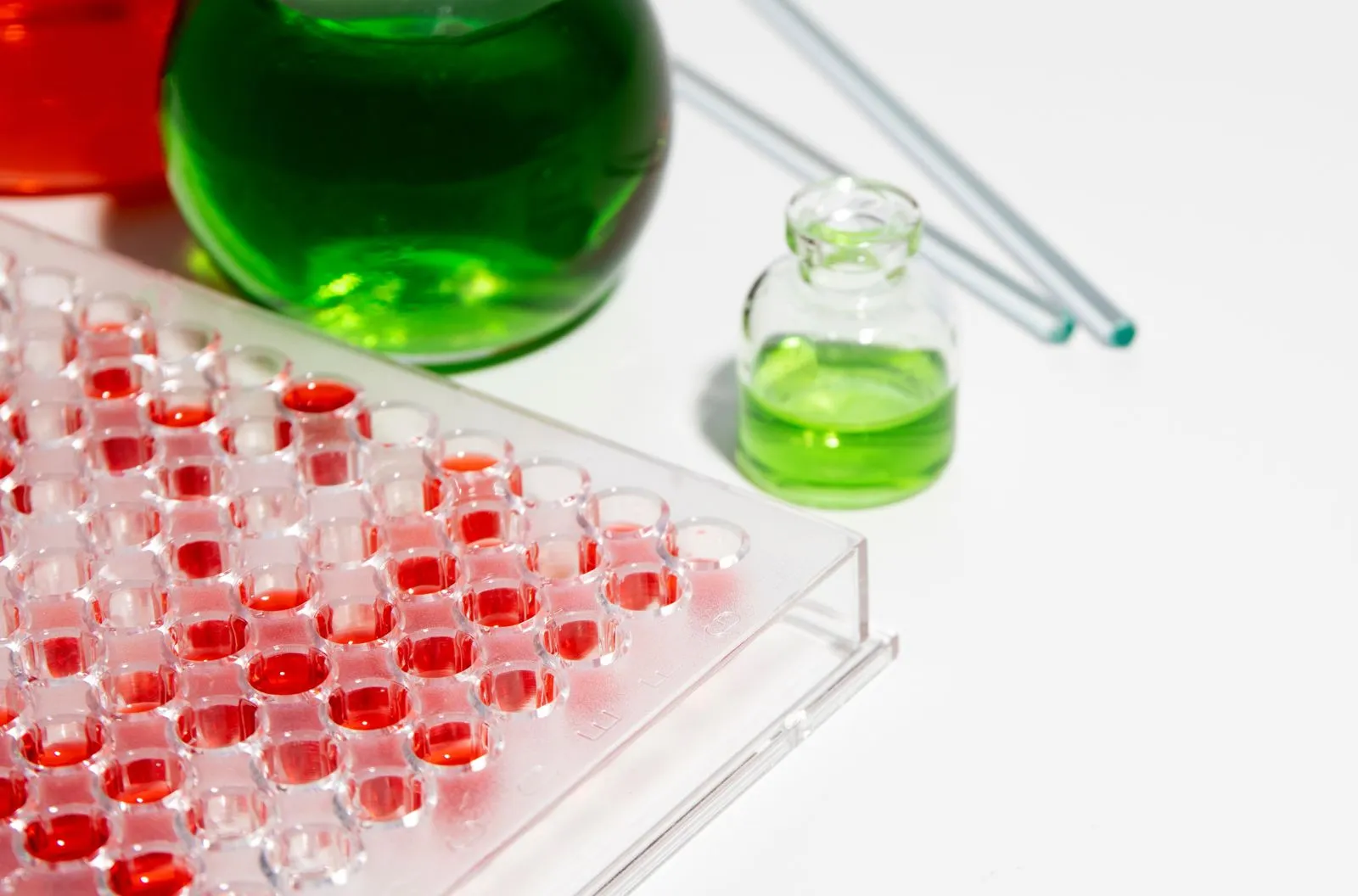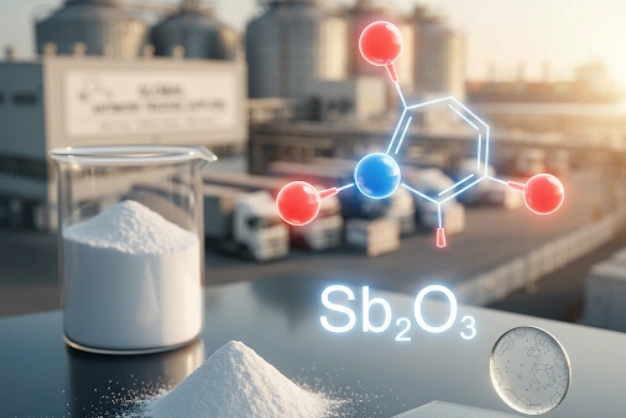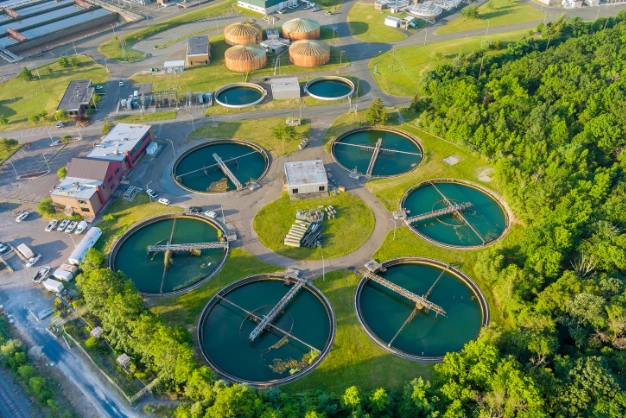Moderate viscosity, making it suitable as a solvent in various applications.
Lower viscosity compared to propylene carbonate, allowing for easy flow and mixing.
Highly soluble in water and many organic solvents.
Miscible with water, acetone, and chloroform.
Approximately 242°C (467.6°F).
Approximately 188.2°C (370.8°F).
Viscosity: Moderate viscosity, making it suitable as a solvent in various applications.
Solubility: Highly soluble in water and many organic solvents.
Boiling Point: Approximately 242°C (467.6°F).
Melting Point: Around -49°C (-56.2°F).
Viscosity: Lower viscosity compared to propylene carbonate, allowing for easy flow and mixing.
Solubility: Miscible with water, acetone, and chloroform.
Boiling Point: Approximately 188.2°C (370.8°F).
Melting Point: Around -59°C (-74.2°F).
Common Production Methods: Propylene carbonate is mainly produced through the reaction of propylene oxide with carbon dioxide. This process is favored due to its efficiency and environmental benefits, as it utilizes carbon dioxide, a greenhouse gas, as a reactant. The reaction is typically carried out in the presence of a catalyst, such as zinc glutarate, which helps in achieving a high yield and purity of propylene carbonate.
Key Raw Materials and Processes
Raw Materials:The primary raw materials are propylene oxide and carbon dioxide. Catalytic Reaction: Propylene oxide reacts with carbon dioxide in the presence of a catalyst. The choice of catalyst, like zinc glutarate, plays a crucial role in the reaction efficiency and product purity.
Environmental Aspect: This method is considered environmentally friendly because it incorporates carbon dioxide, reducing greenhouse gas emissions.
Common Production Methods: Propylene glycol is commonly produced through the hydration of propylene oxide. This process can be executed in two main ways: high-pressure non-catalytic hydration and lower pressure catalytic hydration. Each method has its advantages, with catalytic hydration often being more efficient in terms of energy usage and product yield.
Key Raw Materials and Processes
Raw Materials: The primary raw materials are propylene oxide and water. High-Pressure Non-Catalytic Hydration: This method involves hydrating propylene oxide at high temperatures and pressures without a catalyst. It is straightforward but energy-intensive.
Catalytic Hydration: This method utilizes ion exchange resins as catalysts, allowing the reaction to occur at lower pressures and temperatures, making it more energy-efficient. The catalytic process also tends to produce higher yields and purer propylene glycol.
Toxicity: Low toxicity, but can cause mild skin and eye irritation.
Handling Precautions: Use protective gloves and goggles. Ensure proper ventilation to minimize inhalation risks.
Biodegradability: Biodegradable, reducing environmental harm.
Regulations: Subject to guidelines ensuring safe production, usage, and disposal.
Environmental Impact: Positive due to its use in eco-friendly applications like carbon capture.
Toxicity: Known for low toxicity, widely used in food, pharmaceuticals, and cosmetics.
Handling Precautions: Avoid large-scale ingestion and prolonged skin contact. Use gloves and ensure good ventilation.
Biodegradability: Biodegradable, environmentally safe.
Regulations: Strict guidelines for safe use and disposal.
Environmental Impact: Minimal environmental impact, commonly used in consumer products.
Propylene Carbonate: Increasing demand in the electronics sector, particularly for lithium-ion batteries. Growth in the cosmetics and pharmaceuticals industries also contributes to rising demand.
Propylene Carbonate: Expected to see continued growth due to its role in renewable energy storage and eco-friendly applications.
Propylene Carbonate: Generally higher cost due to its specialized applications and production process.y safe.
Propylene Glycol: More cost-effective, with broader applications and larger market supply.
Propylene Carbonate: Availability is increasing with the expansion of production facilities in response to rising demand. Supply chain stability is supported by advancements in manufacturing technologies.
Versatile Solvent: Highly effective in dissolving a wide range of substances, making it invaluable in electronics (e.g., electrolytes in lithium-ion batteries), cosmetics, and pharmaceuticals.
Low Toxicity: It poses minimal health risks, making it safer for workers handling the chemical.
Biodegradable: Environmentally friendly, as it breaks down naturally, reducing long-term environmental impact.
Cost: Higher production costs due to specialized synthesis methods and raw materials, making it more expensive than alternatives.
Irritation: Can cause mild skin and eye irritation, necessitating the use of protective equipment and careful handling procedures.
Low Toxicity: Widely recognized for its safety, it is suitable for use in products consumed or applied by humans.
Cost-Effective: Generally less expensive and more readily available, making it a cost-efficient choice for many applications.
Handling Precautions: Although low in toxicity, improper handling can still lead to adverse effects, such as skin irritation or ingestion hazards.
Environmental Impact: While biodegradable, improper disposal in large quantities can lead to environmental concerns, necessitating responsible management practices.
Final Thoughts: Understanding their unique properties and applications ensures informed decision-making, optimizing both performance and cost-efficiency in various industries.




